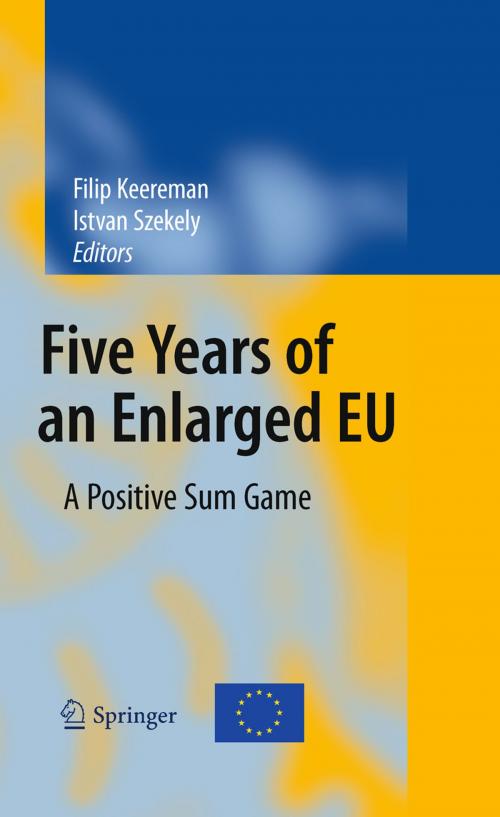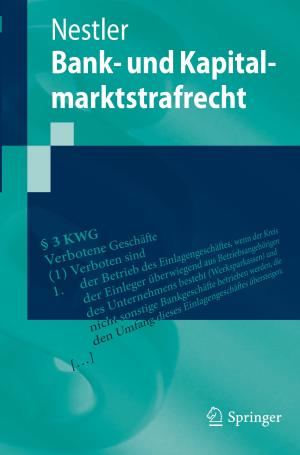Five Years of an Enlarged EU
A Positive Sum Game
Business & Finance, Economics, International Economics, Nonfiction, Social & Cultural Studies, Political Science, Politics, Economic Policy| Author: | ISBN: | 9783642125164 | |
| Publisher: | Springer Berlin Heidelberg | Publication: | July 23, 2010 |
| Imprint: | Springer | Language: | English |
| Author: | |
| ISBN: | 9783642125164 |
| Publisher: | Springer Berlin Heidelberg |
| Publication: | July 23, 2010 |
| Imprint: | Springer |
| Language: | English |
The Fifth Enlargement that took place in 2004 and 2007 was a milestone in the history of the European Union. Not only because of the large number of acceding countries but also because of their recent political and economic experience. Ten of them had undergone a profound transition from a totalitarian regime to democracy, and from a centrally planned economy to a market-based system. Most of them had income levels signi?cantly below those of the then EU-15. Now, 6 years later, we can clearly see that the process of European integration, both before and after 2004, was what enabled Europe to overcome the gaps between various parts of the continent. The enlargement made Europe a better and wealthier place and streng- ened its position in the world. Integration into the European Union has always been one of the strongest incentives for reform in the new Member States. Particularly important in my view have been the development of ?nancial markets through foreign direct investment and capital in?ows, and the opening of labour markets – which was a two-way phenomenon, with markets being opened up in acceding as well as the incumbent Member States. The Fifth Enlargement was thus an exercise of glo- lisation in miniature, a practice run for the Union to tackle the challenges of the ever smaller world.
The Fifth Enlargement that took place in 2004 and 2007 was a milestone in the history of the European Union. Not only because of the large number of acceding countries but also because of their recent political and economic experience. Ten of them had undergone a profound transition from a totalitarian regime to democracy, and from a centrally planned economy to a market-based system. Most of them had income levels signi?cantly below those of the then EU-15. Now, 6 years later, we can clearly see that the process of European integration, both before and after 2004, was what enabled Europe to overcome the gaps between various parts of the continent. The enlargement made Europe a better and wealthier place and streng- ened its position in the world. Integration into the European Union has always been one of the strongest incentives for reform in the new Member States. Particularly important in my view have been the development of ?nancial markets through foreign direct investment and capital in?ows, and the opening of labour markets – which was a two-way phenomenon, with markets being opened up in acceding as well as the incumbent Member States. The Fifth Enlargement was thus an exercise of glo- lisation in miniature, a practice run for the Union to tackle the challenges of the ever smaller world.















